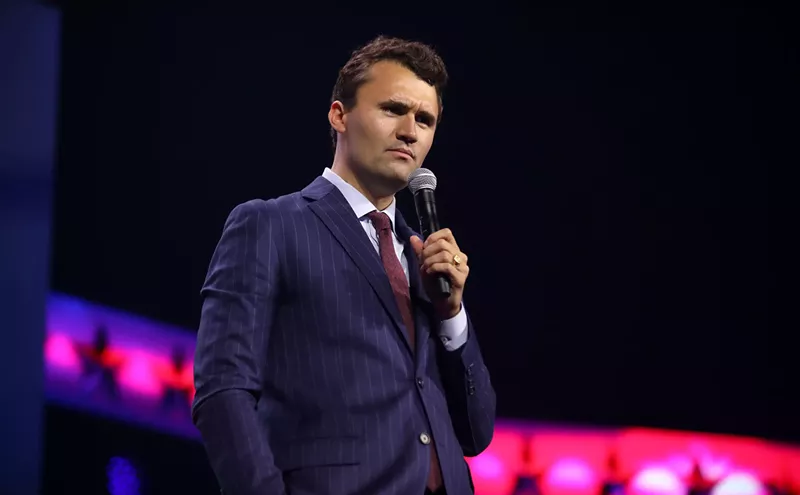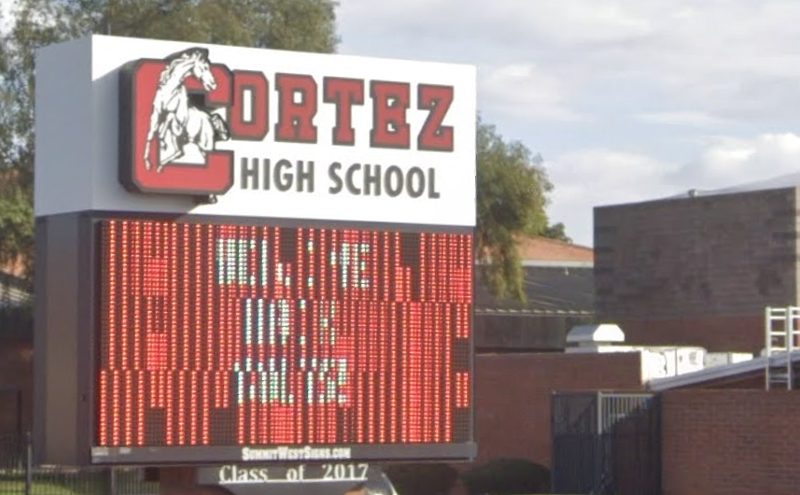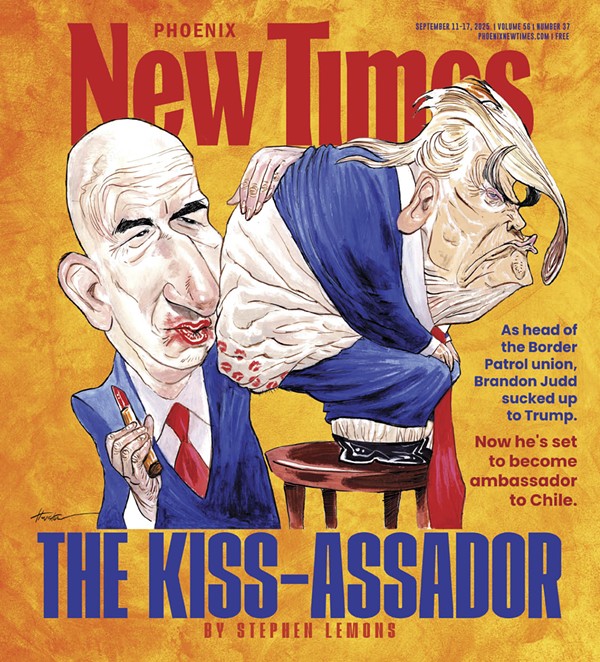The film has some killer scenes: the guys' encounter with a "marginal producer" (an excellent cameo by John Sayles) who flies off the handle when he realizes that they want to make an art film, or the silly conversation they have with Plimpton, or Splick's riotously graceless attempt to bribe a cop who's ticketing his car. My Life's in Turnaround has genuine merits. But why, oh, why did it have to be about its own making? Self-reflexive art is temptingly easy to do, but extremely hard to do well. Inevitably, Ward and Schaeffer's film comes across as yet another Xer sitcom about bored white boys of a vaguely artistic bent--a wank-job, in other words.
It may be that Richard Linklater--the Slacker guy"--precluded any other comedies solely based on the ravings of scroungy, feral twentysomethings. Slacker was a near-great film, but it was also exhaustive. It was a one-movie genre; any more along the same lines feel superfluous, except to the frustrated slackers who make them because they want a piece of the action. At least, in My Life's in Turnaround, the heroes openly admit that that's the impulse behind their career switch. And at least it's not just an in-joke movie for filmmaker wanna-bes--these guys know nothing about filmmaking and want to know less. Some of the film's funniest moments are their attempts to fake movie-business jargon.
Along the same lines, there is one scene in the film that touches satirical greatness--the guys go to a radio station in Harlem and ask permission to appeal to investors over the air, because they've heard that Matty Rich did the same thing to raise funds for Straight Out of Brooklyn. The astounded station manager politely explains that such a thing would be permitted only in the case of a disadvantaged artist who would have no other opportunities, and the guys nod along solemnly, as if he were describing them to a T. It's like a send-up of every Reality Bites-type film in which some white kid complained about his or her lousy job prospects, and just didn't get it. Not nearly enough of My Life's in Turnaround is this dead-on, however (too much of it is devoted to fantasy-fulfillment skirt-chasing, for one thing). If Schaeffer and Ward are so uninterested in filmmaking, why did they have to pick it for a subject? At their best, they have some true snap and rhythm to their fast-talk repartee, and the film is perhaps best seen as an audition tape for two guys who could, properly managed, become the Hope and Crosby of their generation. Like Bob and Bing, however, they need a context for their personas. It doesn't have to be anything much--being chased by spies around a posh hotel, or some such nonsense--just enough to keep them from self-indulgence. The stars of My Life's in Turnaround are funny, likable fellows, but they also know it and are transparently crazy about themselves. Once this becomes clear--and it doesn't take long--their movie, for all its virtues, becomes annoying.








